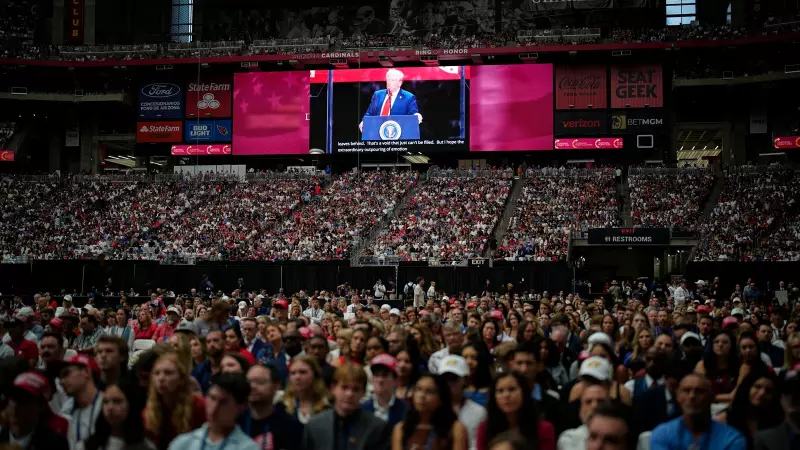
The simple memorial gathering for conservative commentator Charlie Kirk evolved into an extraordinary security spectacle that ultimately cost American taxpayers a staggering $2.6 million. What began as a tribute event required an unprecedented level of security measures, transforming the occasion into one of the most expensive security operations in recent memory.
The Price Tag of Political Polarization
As political divisions deepen across the United States, the security requirements for high-profile events have escalated dramatically. The Charlie Kirk memorial demonstrated how even what might seem like a straightforward gathering can necessitate massive security deployments, specialized equipment, and round-the-clock protection details.
Breaking Down the Security Costs
The $2.6 million expenditure covered multiple aspects of security operations:
- Heavy police presence and specialized units
- Advanced surveillance technology and monitoring systems
- Traffic control and perimeter security measures
- Intelligence gathering and threat assessment operations
- Emergency response team deployments
Public Reaction and Accountability Questions
The revelation of the massive security bill has sparked intense debate among taxpayers and government watchdogs. Many are questioning whether such substantial public funds should be allocated to security for events involving politically controversial figures, regardless of their stature or following.
Transparency advocates are demanding clearer guidelines about how security funding decisions are made and what thresholds trigger such extensive – and expensive – protective measures.
The Bigger Picture: Security Costs in Modern Politics
This incident highlights a growing trend where security operations for political events, regardless of their nature, are consuming increasingly larger portions of public safety budgets. The Charlie Kirk memorial case serves as a stark example of how quickly costs can escalate when political figures are involved.
As the conversation continues, both sides of the political spectrum are examining the implications of such expenditures and what they mean for the future of public funding for event security.





